The individual sides to history: human aspects of WW1
We speak to Yoan Fanise, creative director and co-founder of (the independent video game development studio) DigixArt about the launch of the moving WW1 video game 11-11: Memories Retold and the importance of highlighting the differing and personal aspects of historical events.
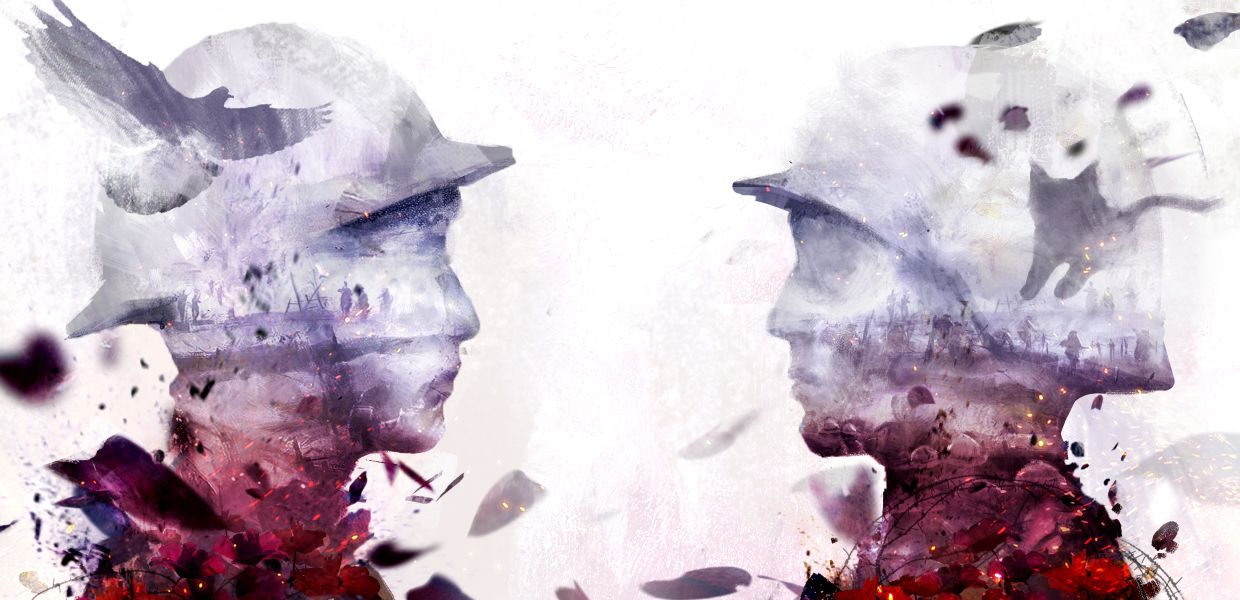
- Title:
- 11-11: Memories Retold
- Creator:
- DigixArt
- Date:
- 2018
- Copyright:
- CC BY-SA
Often, history books tell a specific perspective on historical events. This is perhaps most relevant in the retelling of wars. War is hardly ever told through the eyes of common individuals who may have been dreaming of a heroic adventure sold to them through unrealistic propaganda or the viewpoint of those forcefully enlisted. The human element is so often left out of retellings.
Captivated by his own family history during WW1, Yoan Fanis brings to us 11-11: Memories Retold - a touching story about the relationship between two men on different sides of the war.
How did your relationship with Europeana begin?
It’s funny because I met both Europeana and Aardman (the animation studio who worked with us on 11-11: Memories Retold) at the Games For Change Festival in Paris a couple of years ago. Because of Europeana’s interest in creating a space for interaction with creatives on meaningful projects, we decided to keep in touch.
After starting the discussion with Aardman about this project, I began digging into the historical aspects of World War One and decided to contact Europeana to work on this together. We already had two historians but found that Europeana would be a useful partner.
In collaboration with the team from the Europeana 1914-1918 Collection, we selected the documents to be used in the game and transcribed their meaning.
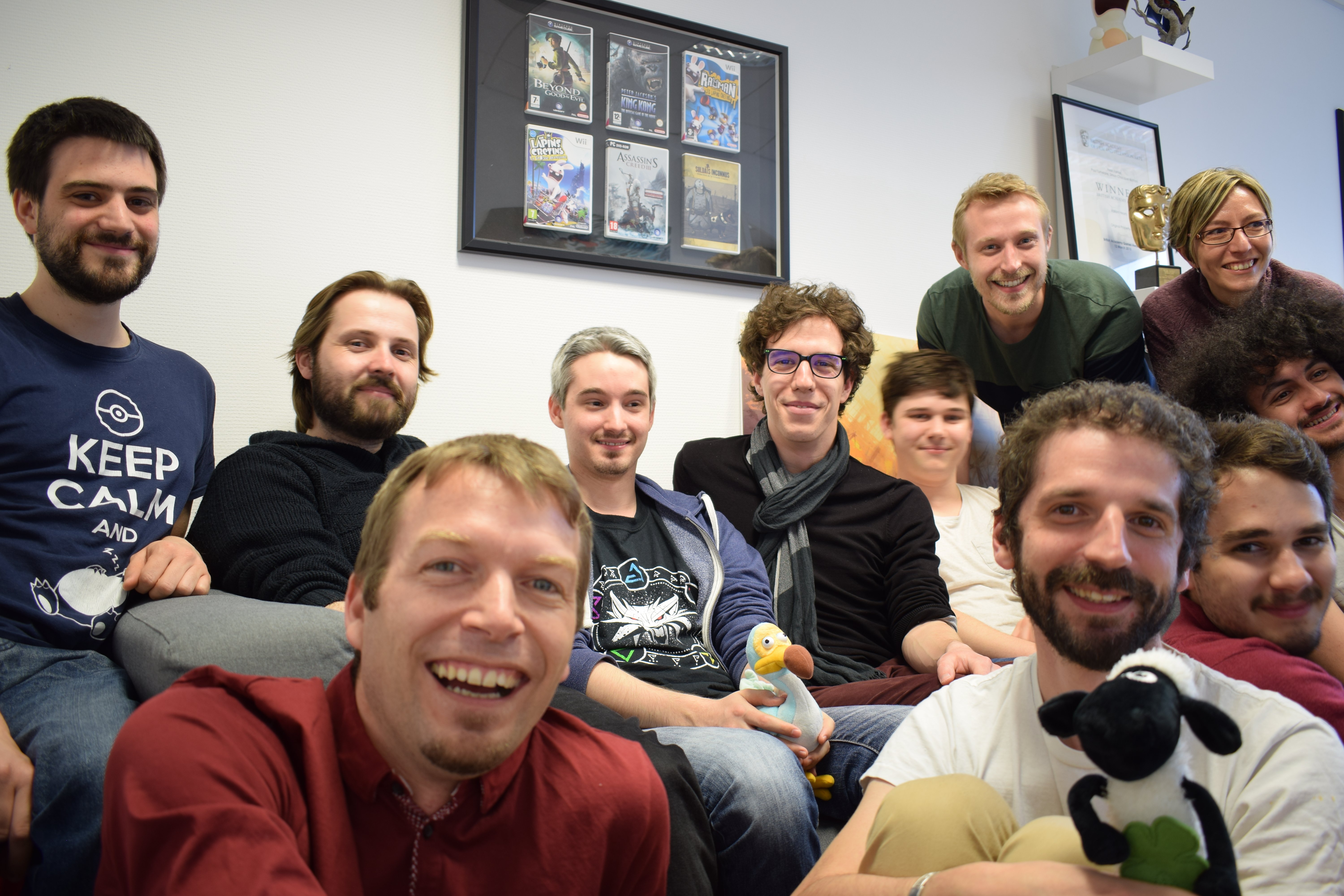
DigixArt dev team, 2018, CC BY-SA
Who is the game for?
The game’s minimum age is 12 years old. During the Paris Game Week, we discovered that young people really like this game; however, we were not sure they were completely aware of the meaning behind it. Therefore, due to its mature topic, I’d say that the game is more suitable for older players.
What were the most challenging aspects of creating 11-11: Memories Retold?
The biggest challenge was the creation of the painterly effect (when a video game animation takes on a ‘painting-like’ quality). I wanted an art style that would allow us to explore and show emotions and was convinced that with impressionism you can express feelings better in the pictures. We needed to make this work and not be too disturbing for the eyes which (with the hard work and determination of the programmer and art director in Aardman) took two years to accomplish.
Another challenging aspect was working together as two studios in different countries. It’s hard because when you are not with the person, like the animator or programmer who works on the animation of the playable characters, and it’s treated in two studios, it can be quite challenging.
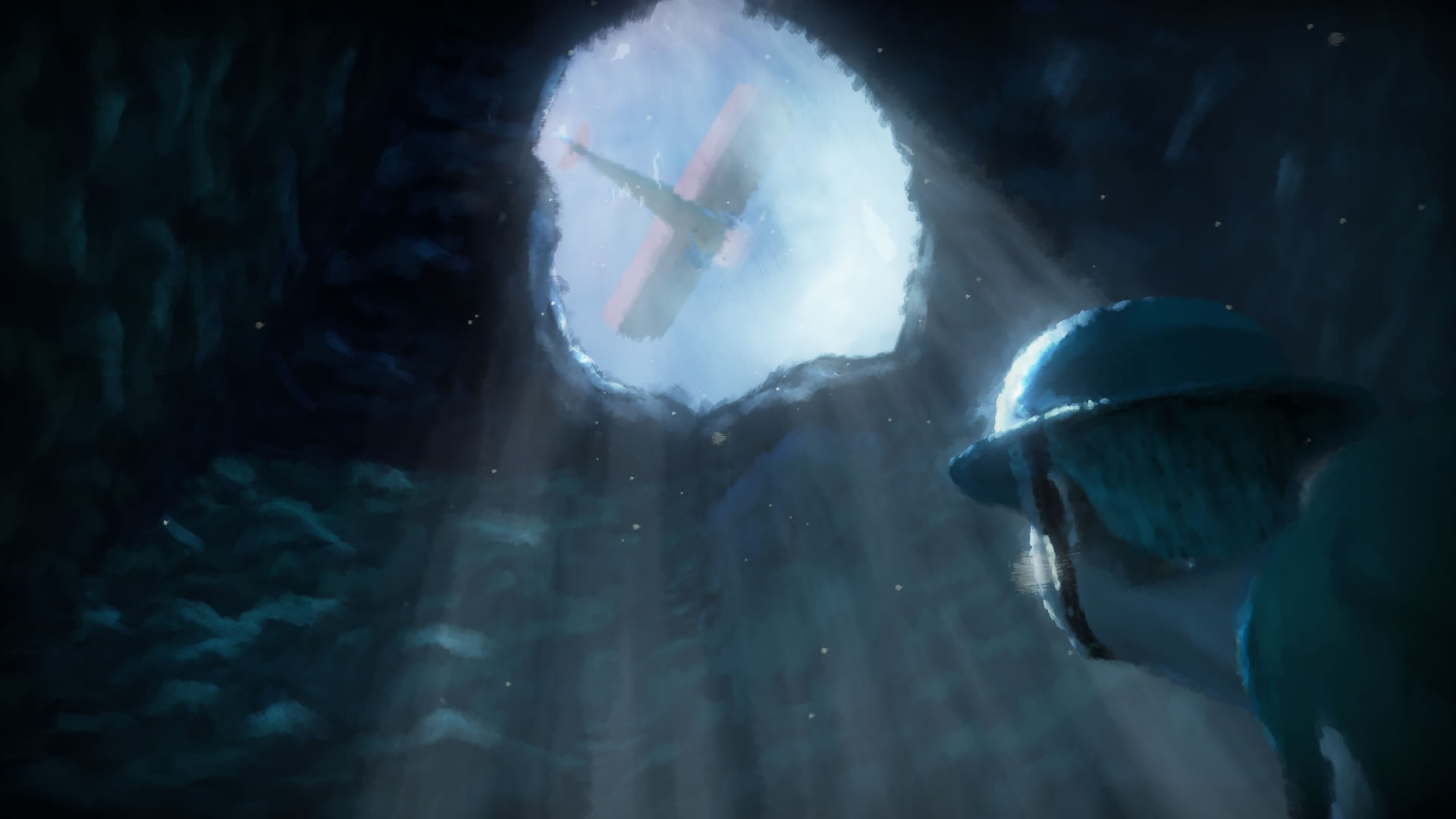
Screenshot of 11-11: Memories Retold, 2018, CC BY-SA
How did you choose content for the game and what drew you towards the Europeana 1914-1918 content?
The game is about the two sides of World War One, shown from the perspective of the Canadian allies and the German army, in which you play both characters. We had a lot of sources from the allied side, but not from the German side. For the character of Harry - the German soldier - we needed more materials and Europeana was a great source for that. Europeana 1914-1918 has so many documents, some of which are very personal, especially those collected from families. Those are the stories that I was looking for in order to humanise Harry.
Europeana has a nice licence filter, we know what we can and can’t use and since we wanted to put the documents into the game we needed to make sure the copyright is cleared. This was one of the reasons we used Europeana.
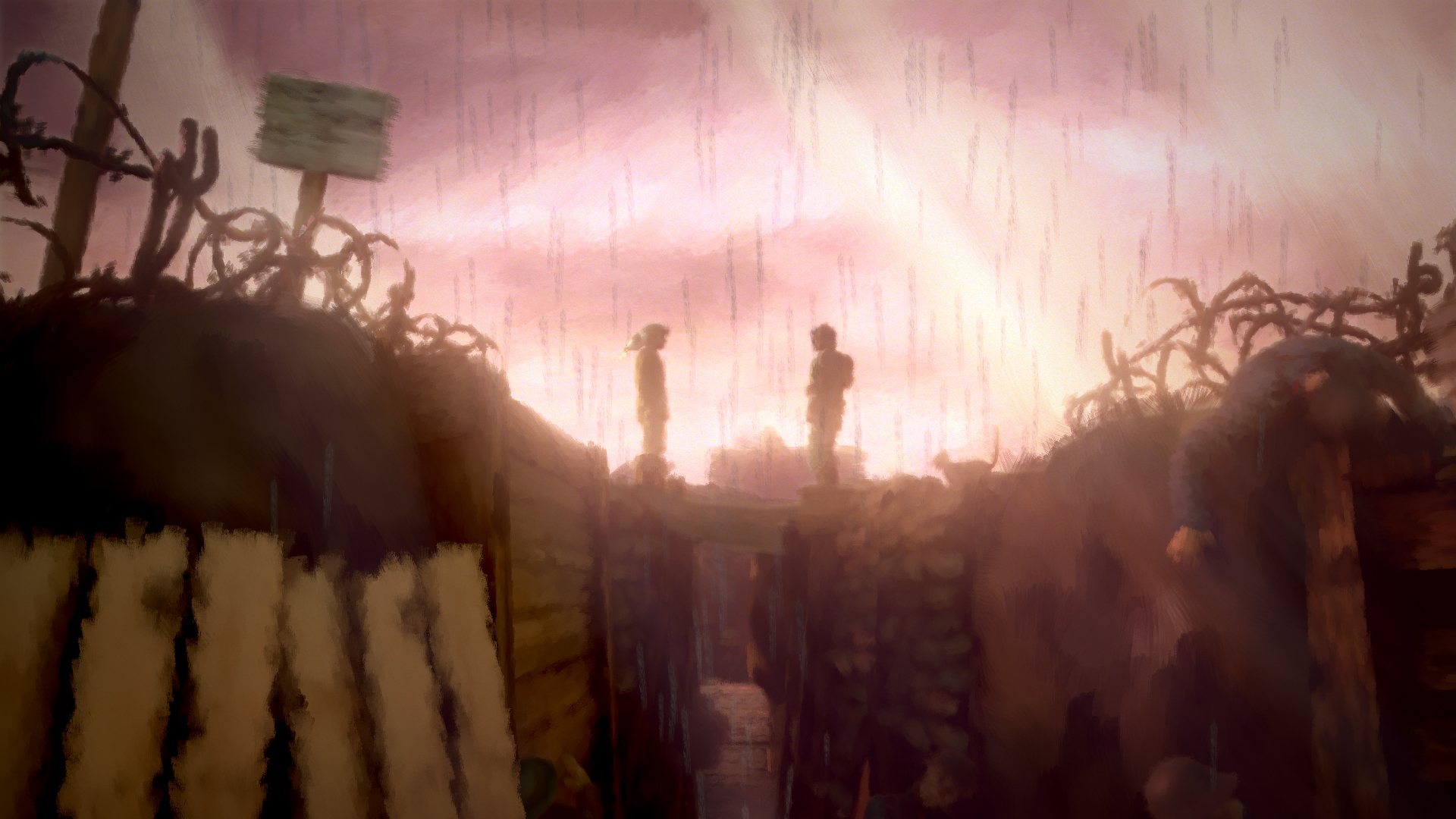
Screenshot of 11-11: Memories Retold, 2018, CC BY-SA
How is 11-11: Memories Retold different from other World War One games? What makes it unique?
There are not many World War One games, and only a few with mainstream popularity. These tend to focus on shooting. The graphism and environment are nice and they respect a lot of uniforms and the historicity of things, but the subject often fails to take into account the human stories.
11-11: Memories Retold is really mature and talks about complex, human feelings. For example, the Canadian character Kurt is a father and, as Kurt, you have to write letters to your daughter. She is just eight years old so you have to figure out what you can and can’t tell her about the war in order to not traumatise her. Sometimes you have to decide to lie for a good cause. These kinds of questions you have as a father are interesting and make for a mature game. Everything about the game is adult in an emotional way, even the visuals - although there is no graphical violence in it, it triggers very strong and deep emotions.
What’s unique about the game is the number of choices you have to make. At first, they are not exactly noticeable, but as you head towards the end, you start to realise that all the choices you made have consequences. What you’ve done will cause certain things to happen and you can decide to start again at a certain point in the game to try and have a (hopefully) happier ending.
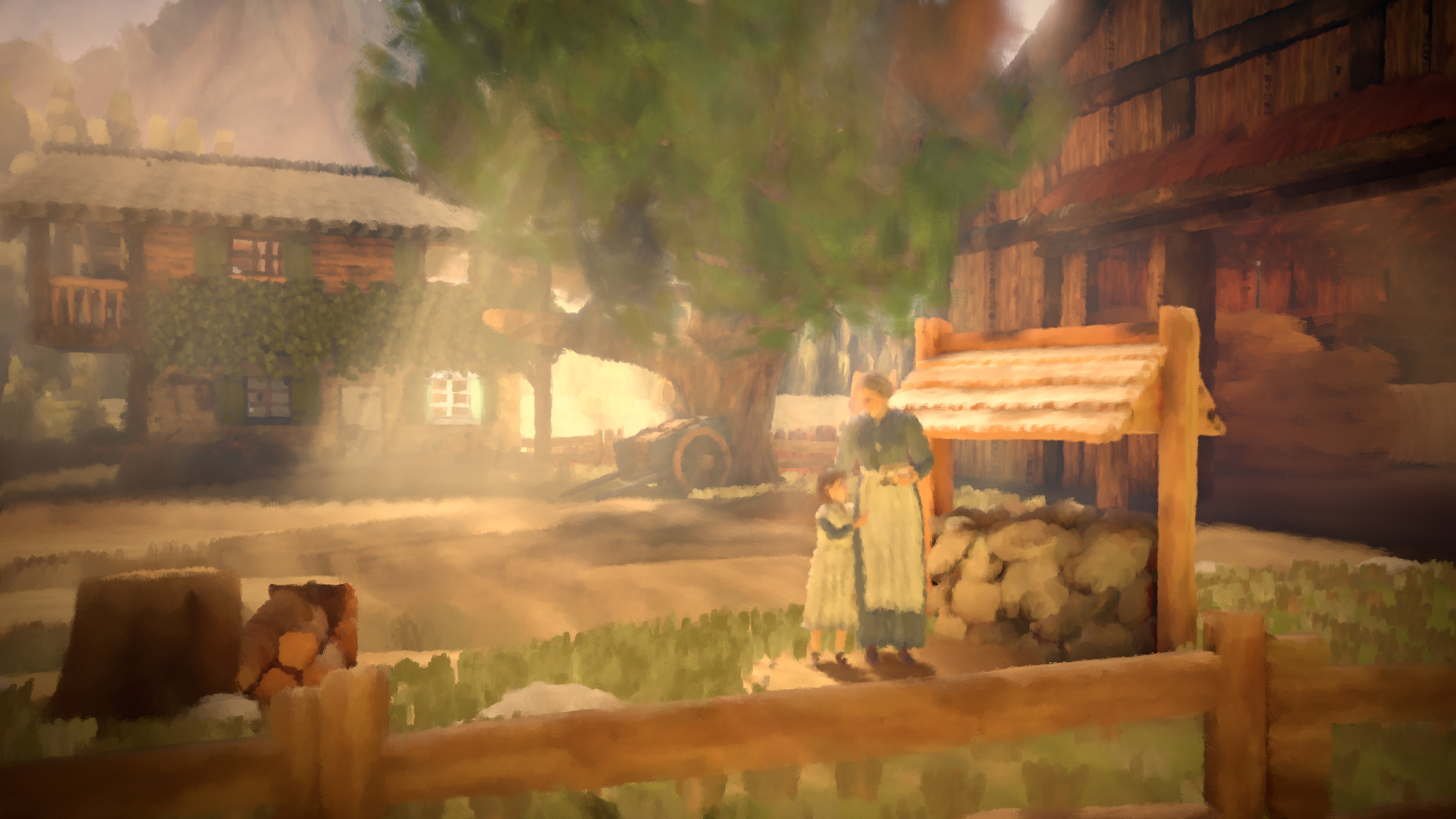
Screenshot of 11-11: Memories Retold, 2018, CC BY-SA
How do you think the game can benefit learners/people?
Though the game is not explicitly made for teaching, we notice people are getting more curious about it. When they finish the game, they want to know more about what happened to their own families and about that period of time. This is great - if it shows the human element and taps into people’s emotions, then that’s perfect for us.
Do you have future plans for the game’s development? If so, what are they?
We have so many game ideas that it is hard to choose. We are waiting for the launch of the game to see if it’s a success or not. If it is, then we want to make other games similar to this one that would be under the brand of Memories Retold, on different topics. For example slavery, again from two characters’ perspectives. These games would question what was normal at the time and our own morals and values as we play. Or even set the game in modern settings with men and women, like identical twins, one brother and a sister, and show how their lives evolve differently.
A lot of the negative things that happen - even now with nationalism, inequality and so on - are because people don’t see perspectives outside of their own. If we show people another perspective, they are more likely to understand.
Find 11-11: Memories Retold or the many games that have been developed using content from Europeana Collections.

